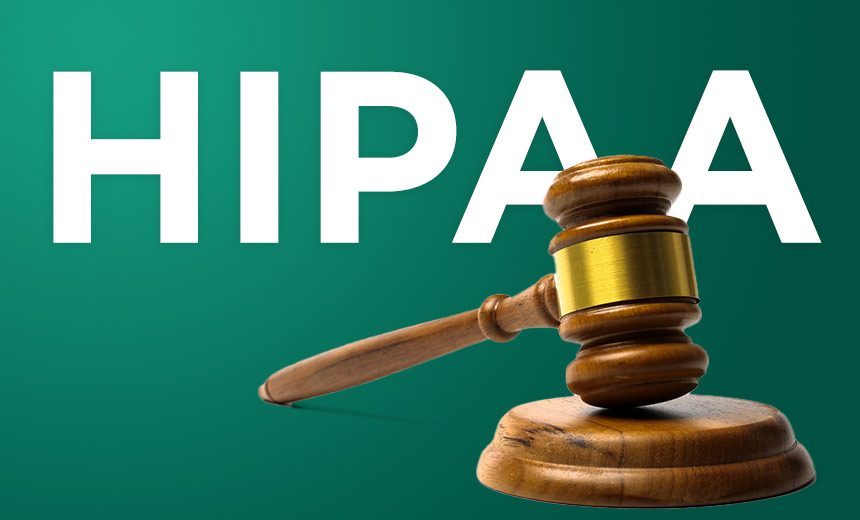Healthcare,
HIPAA/HITECH,
Industry Specific
HHS’ Privacy Rule Update Limits Use, Disclosure of Reproductive Health PHI

In a significant legal challenge, the Biden administration’s HIPAA Privacy Rule, which restricts the disclosure of reproductive health information, is facing pushback from the attorneys general of 15 states. These states are seeking intervention from a federal court in Tennessee to annul the rule that took effect last June.
The states assert that the lawsuit filed on January 17, 2025, against the Department of Health and Human Services (HHS) and Xavier Becerra, the HHS Secretary, describes the updated HIPAA regulations as unlawful. Central to their argument is the assertion that the 2024 HIPAA Privacy Rule undermines states’ ability to conduct critical investigations into significant misconduct, including Medicaid fraud and abuse involving vulnerable populations.
The suit emphasizes operational challenges faced by state investigators, detailing instances where healthcare providers have denied compliance with subpoena requests for documents essential to ongoing investigations, citing the new HIPAA rules as justification. “As of this filing, multiple health-related and health-fraud investigations have come to a halt while investigators await clarification on their obligations under the Final Rule,” the complaint noted, highlighting Iowa’s struggles as a case in point.
The 291-page final rule, released by HHS’ Office for Civil Rights in April 2024 and effective June 2024, dictates stringent controls on the use and disclosure of reproductive health information, specifically in contexts that could lead to liability against patients or healthcare providers involved in lawful reproductive care.
This regulatory update followed the 2022 Supreme Court ruling in Dobbs v. Jackson Women’s Health Organization, which overturned the federal right to abortion, prompting HHS to reinforce privacy protections. According to HHS, the Supreme Court’s decision “altered the legal and healthcare landscape,” increasing risks for the misuse of patients’ protected health information.
Since the Dobbs ruling, numerous states have enacted stringent laws regarding abortion, raising concerns that women and providers might face legal repercussions for actions taken under differing state laws. Although states’ attorneys general contend that the updated HIPAA rule hampers criminal investigations, some experts have noted attempts by regulators to compel healthcare organizations to disclose sensitive reproductive health data, potentially undermining the rule’s intent.
States involved in the lawsuit, including Alabama, Arkansas, and Georgia, echo the concerns raised in similarly broad litigation initiated by Texas Attorney General Ken Paxton, which aims not only to vacate the updated HIPAA privacy rule but also claims that the HHS exceeded its statutory authority under the original 2020 regulation.
Looking ahead, the incoming administration under Trump may adopt a range of strategies in response to these legal challenges, potentially opting not to defend the updated HIPAA privacy rule. Experts indicate this could mirror past instances where administrative transitions led to significant shifts in regulatory enforcement. Meanwhile, private entities are poised to intervene in defense of the amendments, signaling a complex legal landscape ahead.
As discussions unfold, ongoing actions may involve the issuance of executive orders to alter enforcement practices without formally repealing regulations. The dynamics surrounding the interpretation and application of HIPAA rules in this context could have lasting implications for compliance across healthcare organizations and their obligations towards data privacy.
With the imminent confirmation hearings for incoming HHS Secretary Robert F. Kennedy Jr., the regulatory landscape may shift further, aligning with libertarian perspectives that advocate for limiting government intervention in health data management. As political winds change, the future enforcement of HIPAA regulations will likely remain a contentious issue within the intersection of healthcare and legal compliance.
